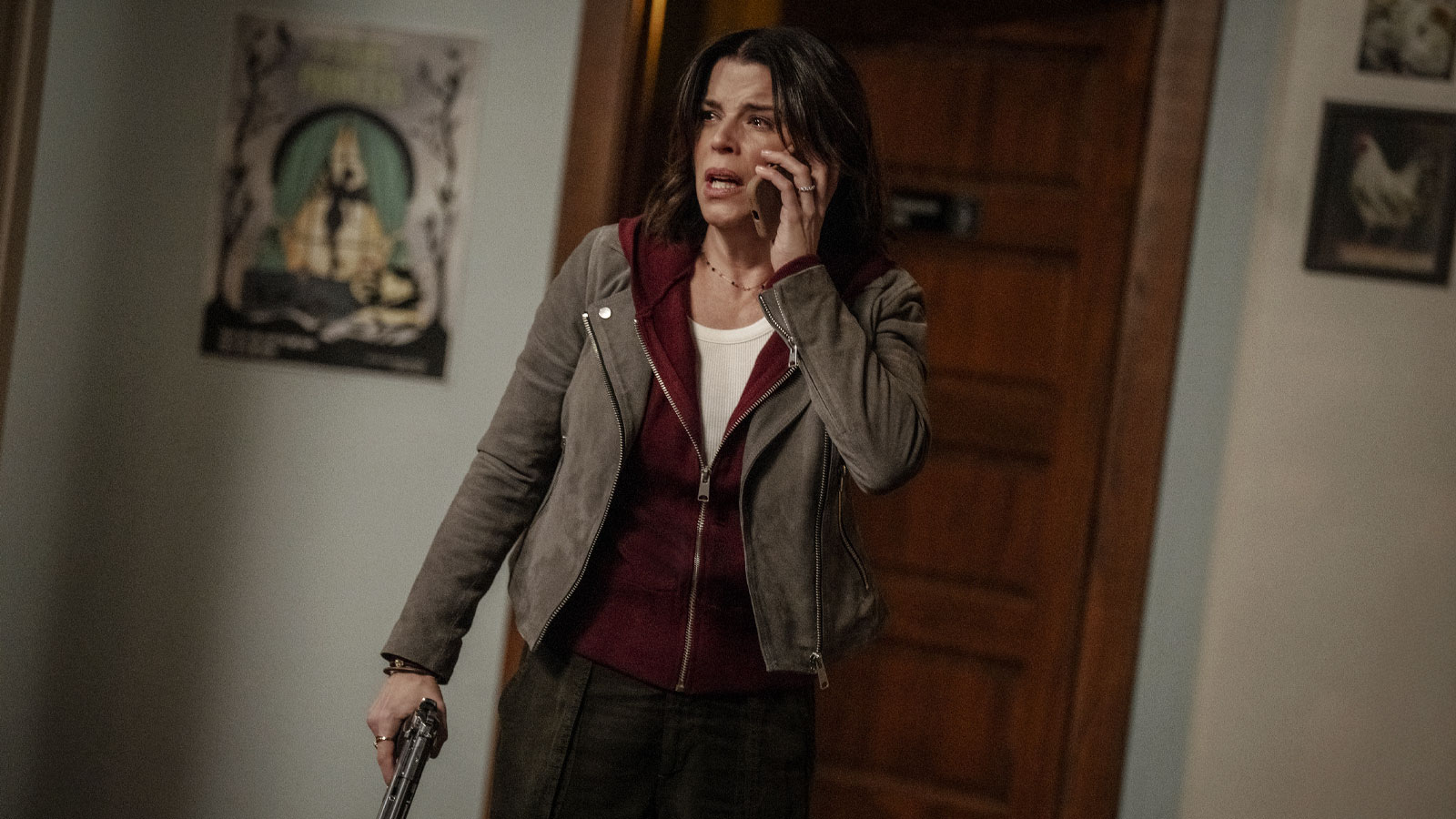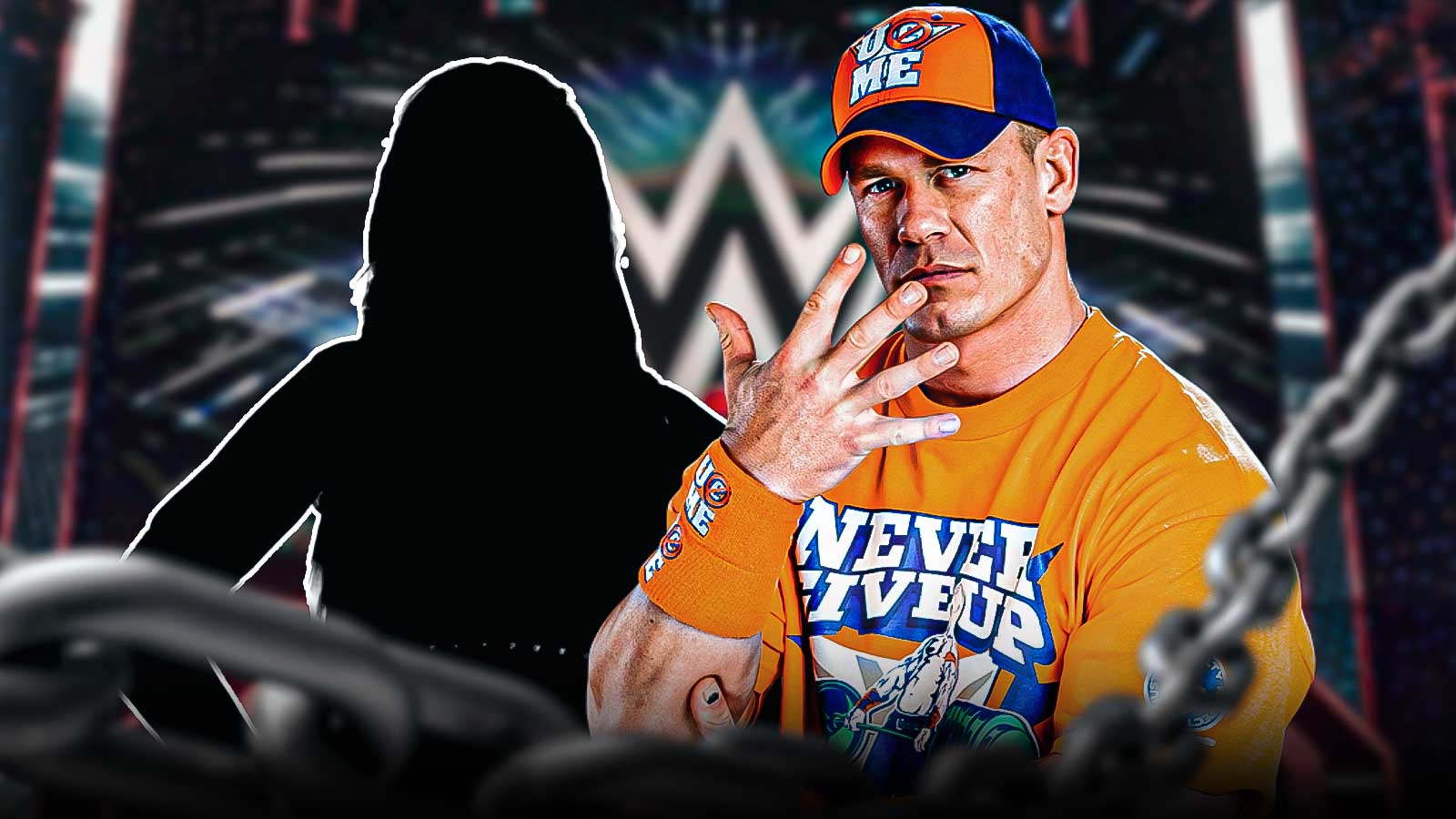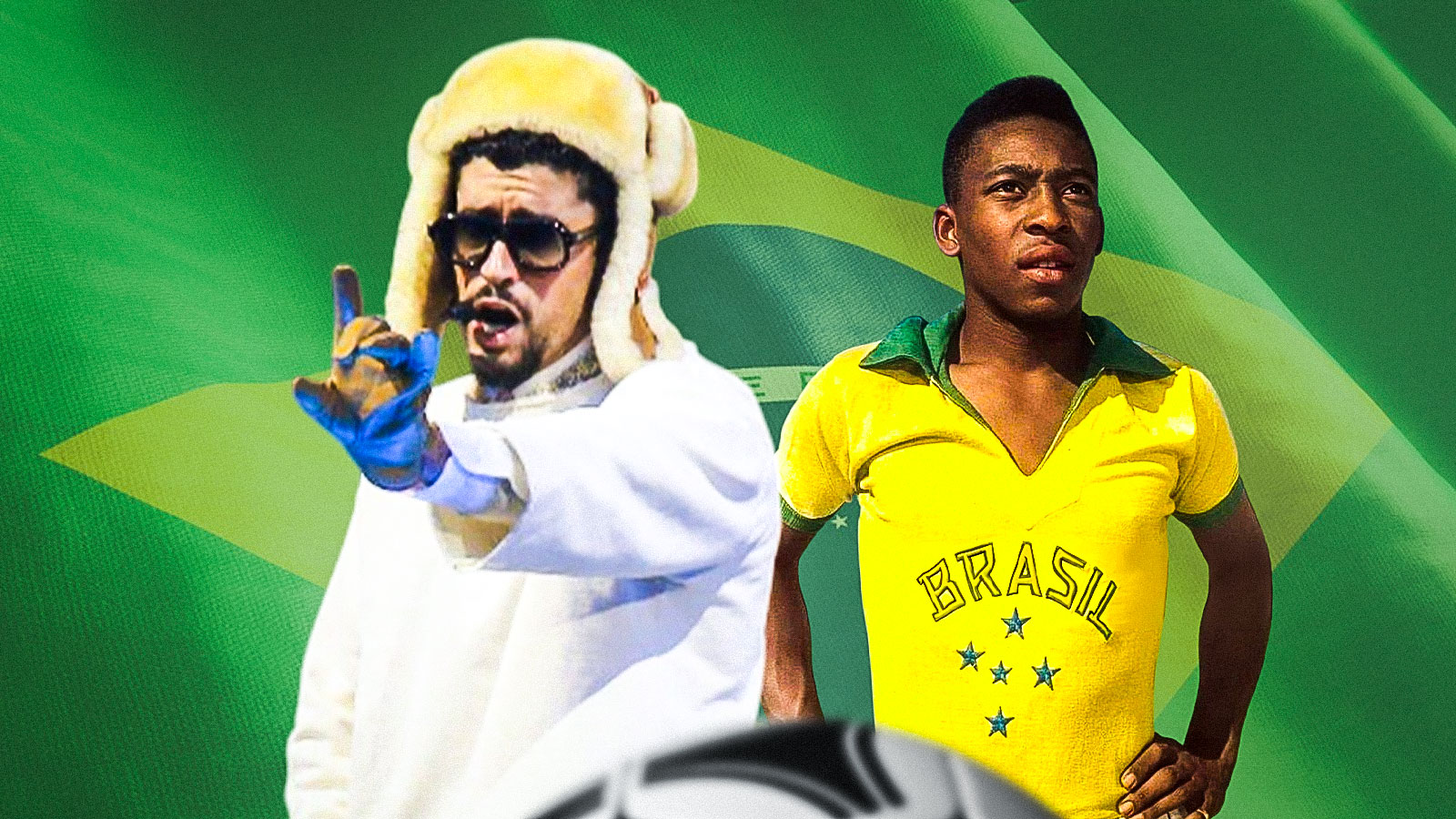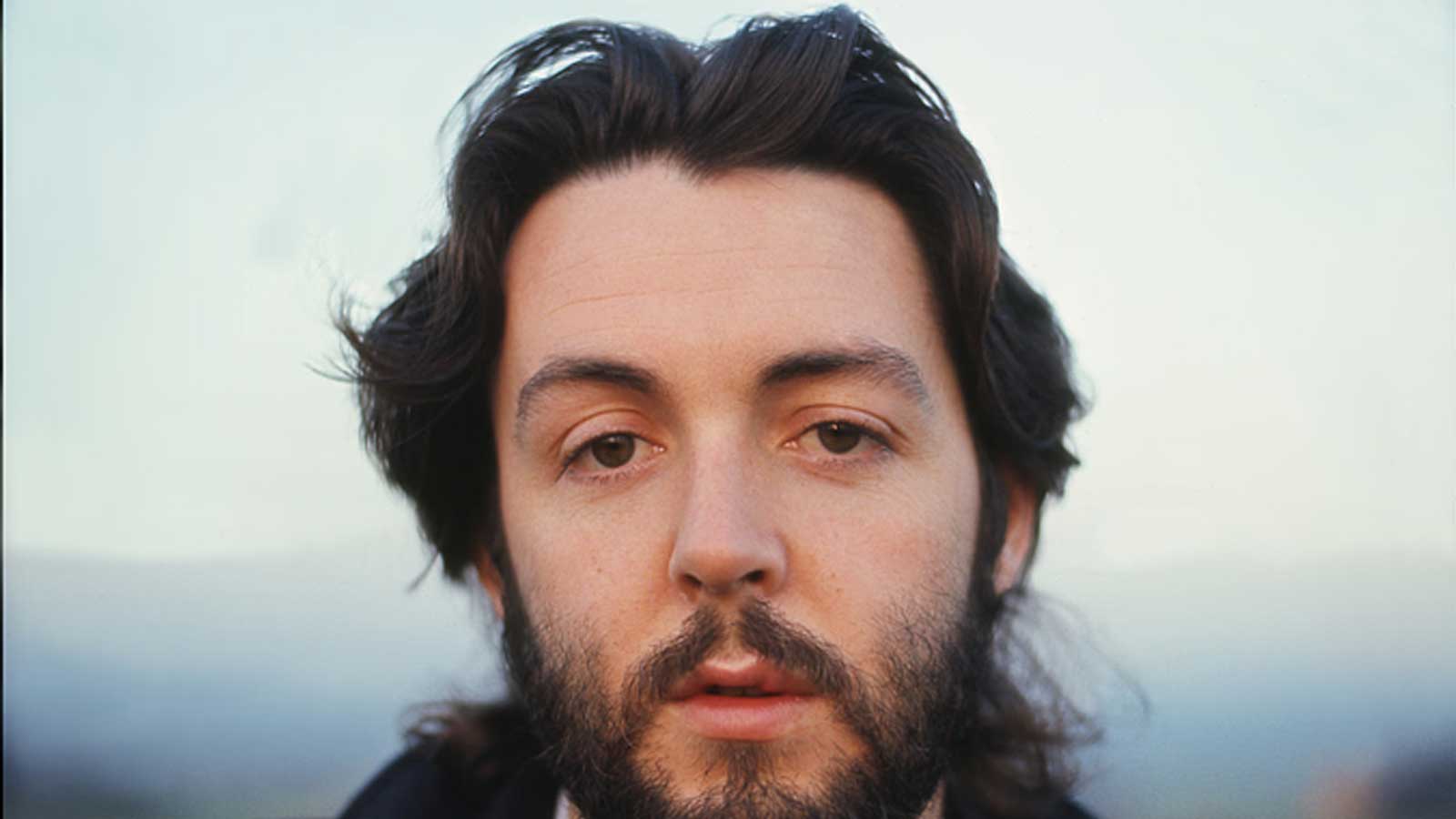Taylor Swift's latest (Taylor's Version) album, 1989 (Taylor's Version), is The Irishman of her re-releases.
The glowingly positive reviews of 1989 (Taylor's Version) are a bit mind-boggling. Is this what music journalism has become? I will gladly applaud Swift for her marketing genius and willpower to stand her ground. But 1989 (Taylor's Version) is a complete misfire and uninspiring when you consider she has still yet to re-record Reputation, her most angsty album. (More on that later.)
Martin Scorsese's The Irishman is a fantastic film. It's actually one of my favorites from his filmography. That said, it's hard to ignore the limitations that de-aging three near-80-year-old men bring upon a project as ambitious as The Irishman (we all saw the hand-stomping scene). Sometimes, ambition bites the nails of success, and Swift's limitations, creatively and vocally, are glaringly obvious on 1989 (Taylor's Version).
I can acknowledge and admire what Swift is doing. The purpose of these re-recorded (Taylor's Version) albums is justifiable. But 1989 (Taylor's Version), which should have been a home run, feels like a safe single that is dangerously uninspiring.
It's almost as if the album is done out of obligation (which it technically is). Maybe expecting anything more was the first mistake.
A non-Swiftie's review of 1989 (Taylor's Version)
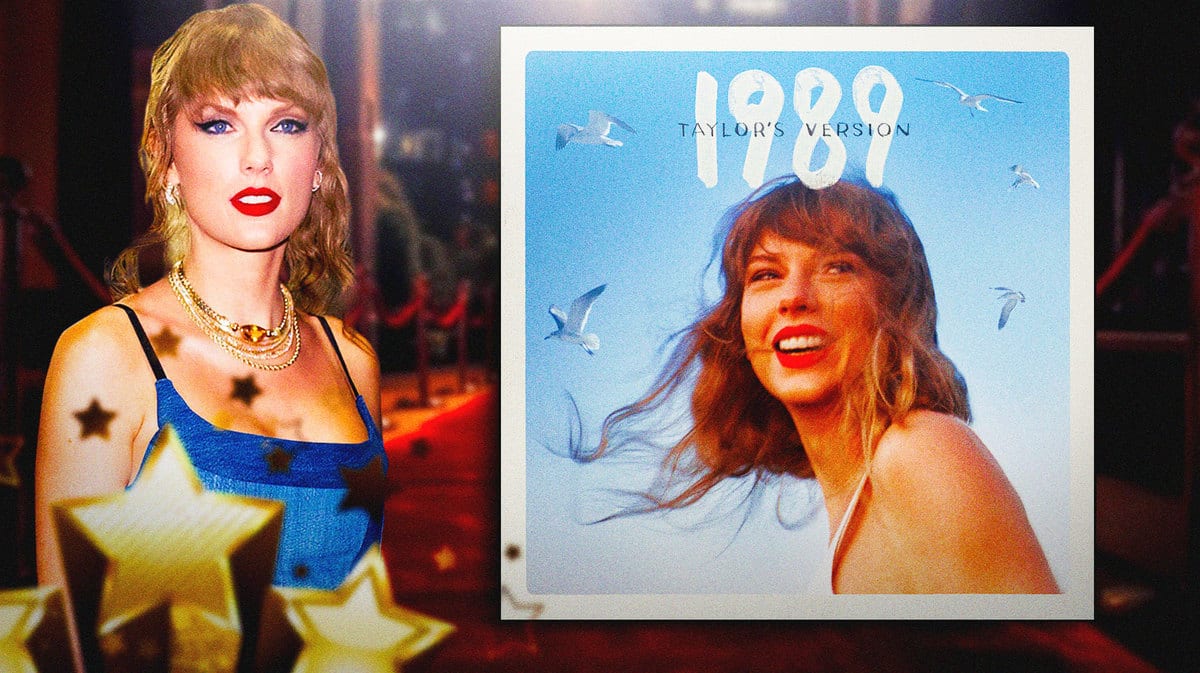
The issues with 1989 (Taylor's Version) arise during the very first track. “Welcome to New York” is the first of many regurgitated hits from the pop album.
Those problems continue from tracks 2-13 and then all of the bonus/vault tracks. It's scary how uninspiring and lifeless these (Taylor's Version) tracks sound. If nothing else, at least they sound close to their original 1989 counterparts — perhaps too close.
On “Blank Space,” Swift sounds bored. Ditto for “This Love.” And don't even get me started on “I Know Places.”
Now, I understand that when Swift sings songs from 1989 in concert, this is probably close to how it sounds. A live performance is one thing — rarely are you able to focus on the singer's vocals amongst the live music, dance numbers, and other paraphernalia — but a studio album is another.
There are a bevy of issues with 1989 (Taylor's Version). They begin with Swift's matured voice and continue through the stale production side of the album.
It's disappointing to report this. 1989 was the one Taylor Swift album yours truly could actually listen through. At least there have been a few good (Taylor's Version) re-releases. This, however, was not one of them.
A more mature voice
Taylor Swift's voice has evolved — and for the better. Generally speaking, Swift's matured voice has helped songs like “Love Story” and “Enchanted” grow with their (Taylor's Version) renditions.
When it comes to a pop album like 1989, Swift's matured voice is a detriment. There's something missing from the fun, youthful bops from the original 1989. Songs like “Bad Blood,” “Wildest Dreams,” and “Out Of The Woods” sound flat. It's not a question of Swift's abilities, but 1989 was always going to be a hard sell.
It's the closest Swift has come to a full pop album, and that's the beauty of it. The album is quintessential 2014 listening, but revisiting it — albeit in the same arrangements — nearly a decade later is asking for disappointment.
Hearing Swift attempt to sing these songs she wrote in her early 20s is like Robert De Niro stomping on that foot in The Irishman. The issue with The Irishman is not Scorsese revisiting the mob genre — in fact, its story is arguably stronger than his other mob movies. It's the fact that it wasn't made 30 years prior.
The Irishman required a leading man in his 30s or 40s to play Frank Sheeran. Instead, Scorsese opted to go with longtime collaborator De Niro. But when it came to physical limitations, they were clear. As a drama, De Niro knocked it out of the park.
Similarly, Harrison Ford had to face the music in Indiana Jones and the Dial of Destiny — a film that tried its absolute hardest to hide its 81-year-old star.
Swift isn't the same singer she was at 23. 1989 (Taylor's Version) was her chance to evolve with the times. Instead, she went with the safe route that was guaranteed to garner praise from her loyal fans.
Keeping to the original arrangements
Another major issue is Swift's commitments to 1989's musical arrangements. None of the (Taylor's Version) tracks differ that much from their original counterparts. No one's asking for “Shake It Off” to become a belting opera number — nor could Swift pull that off despite her evolved vocal abilities — but every song sounds the same, just lifeless.
Look at what U2 did with Songs of Surrender. The album is a collection of 40 of the band's songs that they re-worked. With the exception of a handful sounding like their live arrangements, each song was drastically altered so it didn't sound like U2 was regurgitating their old material. Similarly to Swift, lyrics were overhauled as well. But musically, they're operating on a completely different level.
And you can call it whatever you want. I imagine Swifites will call Swift's commitments to the 1989 arrangements being faithful to the 2014 classic. What if it's a case of creative bankruptcy? Let's not act like Midnights — her latest swing at original music — was overly inspiring, either. And the vault tracks from 1989 (Taylor's Version) come off like the leftovers from an already mediocre album. Were they really from the vault of 2014 Taylor Swift? I can't imagine so.
A lackluster production
The absence of producer Max Martin has been well-documented. Perhaps his involvement should be praised a lot more in hindsight. The production side of 1989 (Taylor's Version) is a mess. From tracks that sound like they're coming through a tin can telephone to overpowering drum loops, it's alarming how poor this album was mixed.
That result comes despite the greatest efforts by the likes of Jack Antonoff, Christopher Rowe. and Ryan Tedder. Some of those names did work on the original 1989, but something changed over the past decade. How do you strip “Style” of all of it's, well, style? Ask this crew.
What's next?
There are still a couple of (Taylor's Version) albums left for Swift to re-record. Her self-titled debut album, Taylor Swift, is perhaps the biggest question mark. After 1989 (Taylor's Version), I'd argue that Reputation is worth keeping an eye on.
And that's because that album is Swift at her most angsty. Personally, the album is full of eye-rolling self-pity and petty drama, but it's an undeniable fact that the album is sonically Swift's most unique one.
Can she channel that anger again?
Or will Swift once again take a safe bunt to first that maintains her goodwill amongst Swifties?
To be fair, she doesn't have much to be angry about at the moment. Her (very) public relationship with Travis Kelce has been a rare bright spot in her dating life coverage. She's a billionaire and is embarking on a record-breaking tour.
Channeling her roots, even if Reputation is only six years old, is a challenge that punk-rock stars face in their later years. I don't even think U2 can channel the same anger they had on their pre-Unforgettable Fire albums like Boy and War.
After 1989 (Taylor's Version), it feels like a wild dream to see a world in which Swift regains that edge.
1989 (Taylor's Version) is out now.









